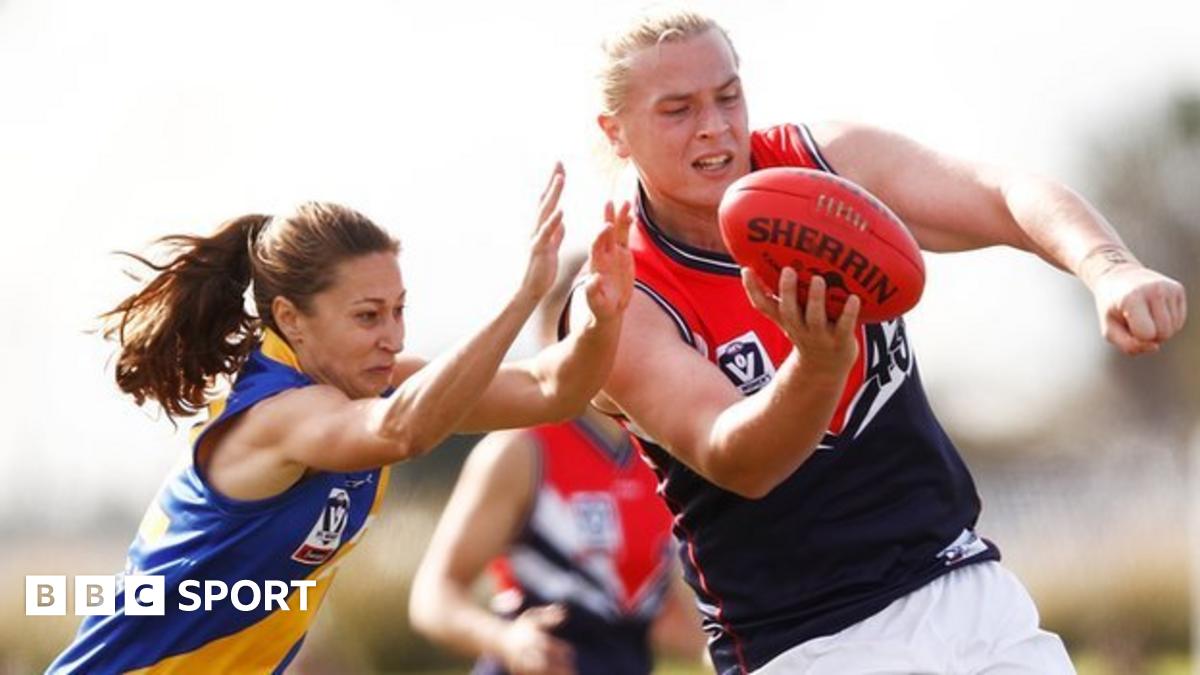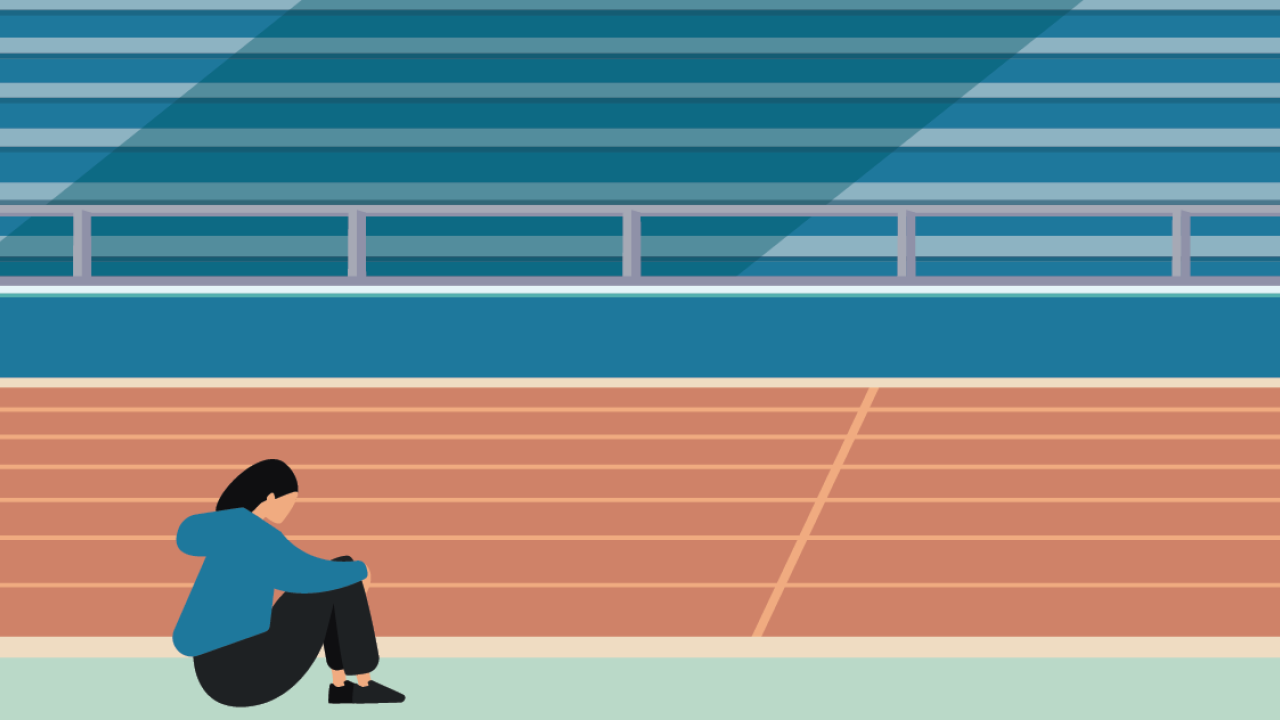I didn’t see anybody’s rights being sacrificed by including her.
Only women's rights.
Nothing is 100% fair, right?
I've yet to see this argument put forward by a male when they (that is, men) may well be affected negatively by the proposed policy.
In fact, I marvel at how easily this argument is advanced by men when the rights to be encroached upon are those of women.
Nothing is 100% fair, right? So, how about who is harmed more? The harm to transgender women by excluding them from all women’s sports is greater than the harm to women by having a small number of transgender women (about 1/2 of 1% of the population is transgender) compete with them.
That is not the argument that you think it is.
Anyway, my answer (that is, for now, at present, as matters are,) is that women stand to be harmed more.
Women's sports - which, remember, were originally devised as a separate category precisely because in most sports, adult males enjoy (and, as an ardent feminist, you can have no idea how much it galls me to have to even bash this out on the keyboard, to grit my teeth to write this), an advantage, a physical advantage, (in reach, size, height, speed, strength, lung and heart oxygen capacity), granted them by biology once they passed puberty, which means that, in most sporting events, men and women compete in separate categories.
This is precisely because men and women cannot compete in most sports on any sort of an equal footing, for men will always have an advantage.
In fact, in most sporting events (equestrian events are different, because the size, speed and strength in competition are those of the horses, whereas victory comes to riders, or jockeys, who bring skill, intelligence, experience, judgment, a good working relationship with the horse - on those criteria, women are easily equal; while extreme endurance events and long distance swimming are about the only sports where women - at an elite level - appear to enjoy some advantage) the physical advantage lies with men.
Thus, to allow women (who used to be men, with all of the advantages puberty grants to men in most forms of physical competition with women) to compete against women is not only grossly unfair to the girls and women who have practised, trained, dreamed, sacrificed weeks, if not months or years of their lives, - because they will never achieve success - they cannot, (and all of
@Herdfan's points about destroying the dreams of girls matter here) hope to achieve success.
Furthermore, it is not just grossly unfair but, it is also grotesquely unfair to girls and women, because it tells them that - even in a category supposedly confined to women, to female competitors - that they cannot win. Cannot ever win, in these circumstances.
It further tells them - reinforces the message - that, even as women, (let alone competing against men in life, love, careers, education, professions) they are still lesser, still inadequate, still second-rate.
That, even as women, they are failures. Because, the only women that will win in such stacked competitions, competitions supposedly confined to women, are women who used to be men, women who enjoy the advantages of men.
It is hard enough to persuade women (and girls) to want to exercise, to want to play sports, especially competitive sports; I have no doubt whatsoever that this will make matters far harder still.
And that does not take into account the very real (if yet insufficiently explored) question of injuries to womne and girls at the hands of transwomen on the field of competition (I mentioned cases of rugby and judo, both of which have been written about:
@Herdfan mentioned ball games).
But banning transgender women from all women’s sports is unreasonable, and unfairly discriminatory.
Not banning them is unfair to women and girls.
Transgender people are not willingly enduring discrimination and hate in order to sneak a peek at somebody’s genitals in a bathroom or to be “first” in some sport.
I'm afraid that this comes across as a classic case of the cheerful oblivion granted by what is sometimes referred to as "male privilege".
Try to see this from a woman's point of view, from the bitterly lived experience of many women.
While "sneaking a peek" is a shared giggle to many men, (yes, yawn, not all men), it is something that is experienced as - and viewed as - a threat, and an invasion, and a violation of privacy, consent, personal space, and autonomy, to many women.



